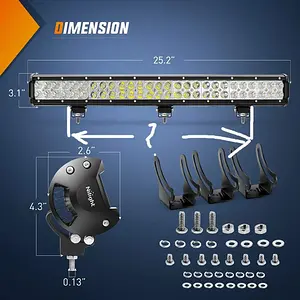TTW
Registered

Independent hotel owners are urgently seeking effective training methods for the next generation of workers. It’s crucial for hotel leaders to reduce the duration of training programs while enhancing employees’ decision-making skills, particularly in their interactions with on-property technology. The learning curve associated with hotel property-management systems (PMS) is typically steep for new employees, necessitating that PMS developers create systems that facilitate new hires’ adaptation to their property’s operational ecosystem. In this context, learning management systems (LMS) that offer flexibility for newcomers are increasingly important.
LMS can vary widely, from e-learning platforms to instructional videos. The effectiveness of these systems hinges on their ability to provide data that allows managers to track employees’ progress and promote natural improvement over time. Here are five critical features that independent hotel owners should seek in a top-tier LMS:
- User-Centric Design: Effective training tools should cater to the specific needs of the most affected users, who are typically young adults in the hospitality sector. These tools should start with a compelling user experience, characterized by straightforward instructions, efficient navigation, and attractive design.
- Customizable Learning Journeys: Since no two hotels are the same, it’s essential for LMS to allow for customized training content that reflects the unique needs of each property. Such personalization not only helps staff quickly grasp specific operational details but also supports the broader organizational strategy.
- Universal Accessibility: Learning effectiveness varies with each individual’s pace. Providing browser-accessible e-learning tools ensures that employees can learn during breaks or off-hours, supporting continuous education on any device at any time, thereby fostering greater learning autonomy.
- Interactive Assessments: Direct feedback through e-learning platforms can be more effective than traditional methods. Immediate or interactive assessments help build knowledge continuously in a supportive learning environment, and they enable managers to monitor and acknowledge employee engagement with the training materials.
- Detailed Reporting: Often, property managers get a limited view of their team’s challenges and achievements. With robust reporting features in LMS, managers can better understand performance trends and identify specific areas needing attention, thereby enhancing the overall management of on-property challenges.
As the industry increasingly recruits from outside the hospitality field, it is crucial to offer concise, accessible, and engaging training materials. By removing barriers to training access and continuously supporting the professional growth of hospitality-minded individuals, hoteliers can ensure a more skilled and adaptable workforce.
The post Accelerated Onboarding: How Integrated Learning Management Systems in Your property-management systems Streamline New Hire Training appeared first on Travel And Tour World.
Continue reading...







